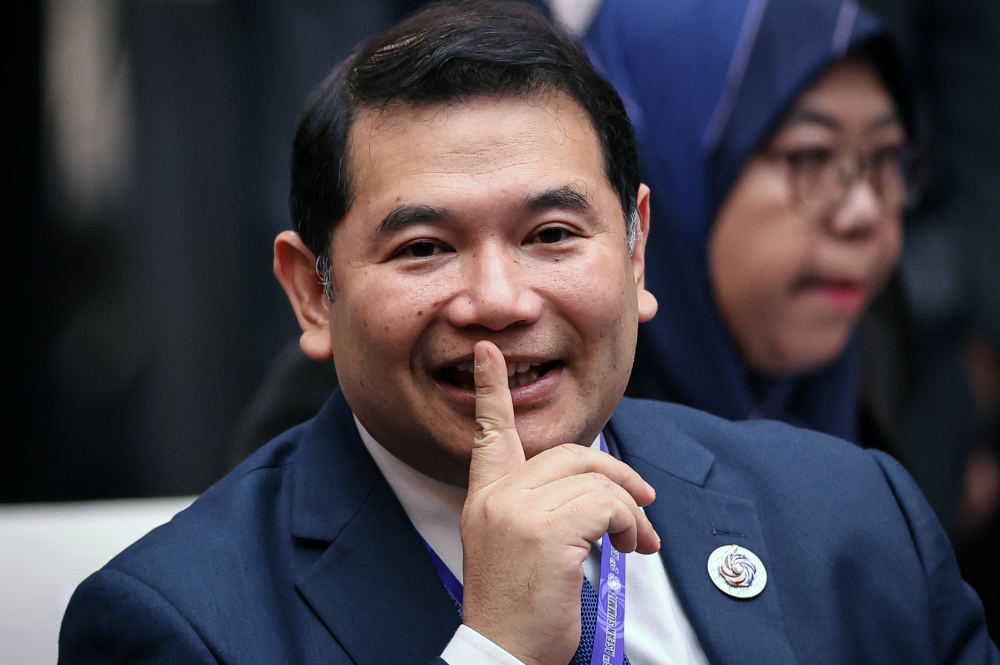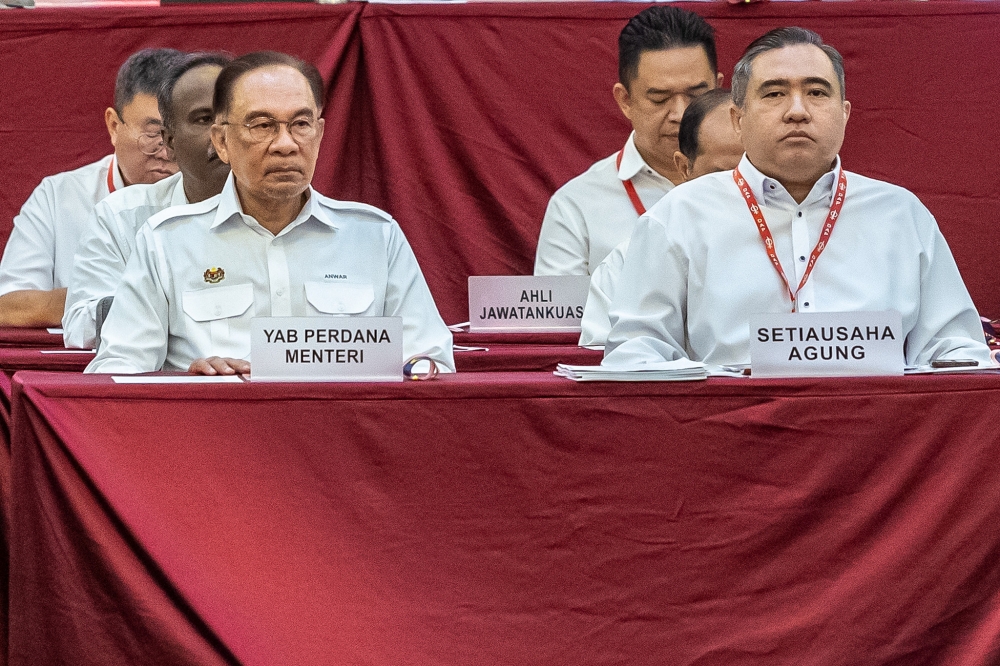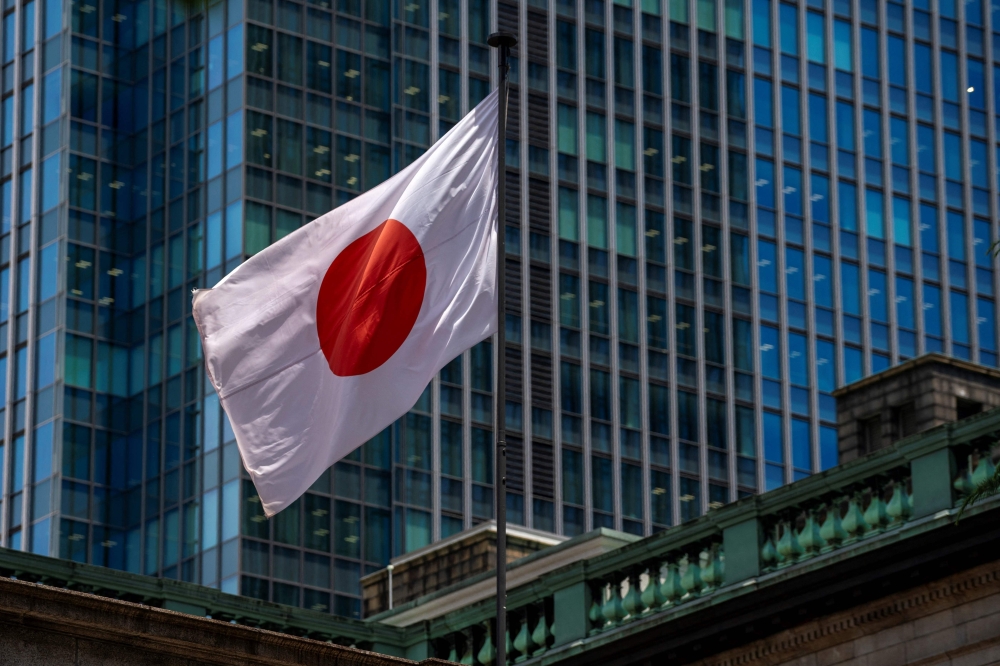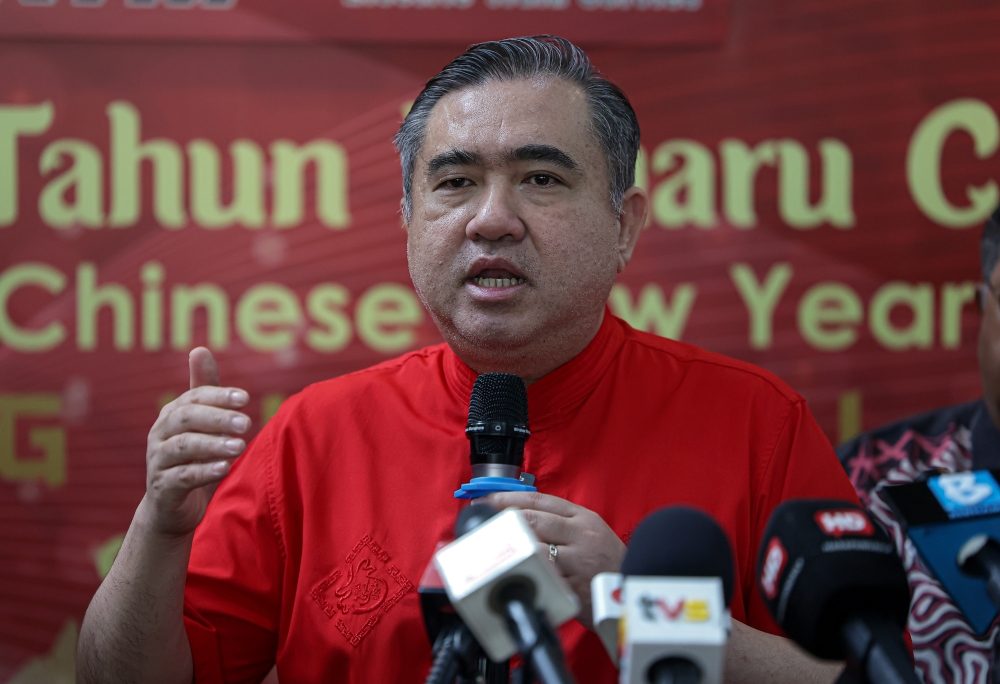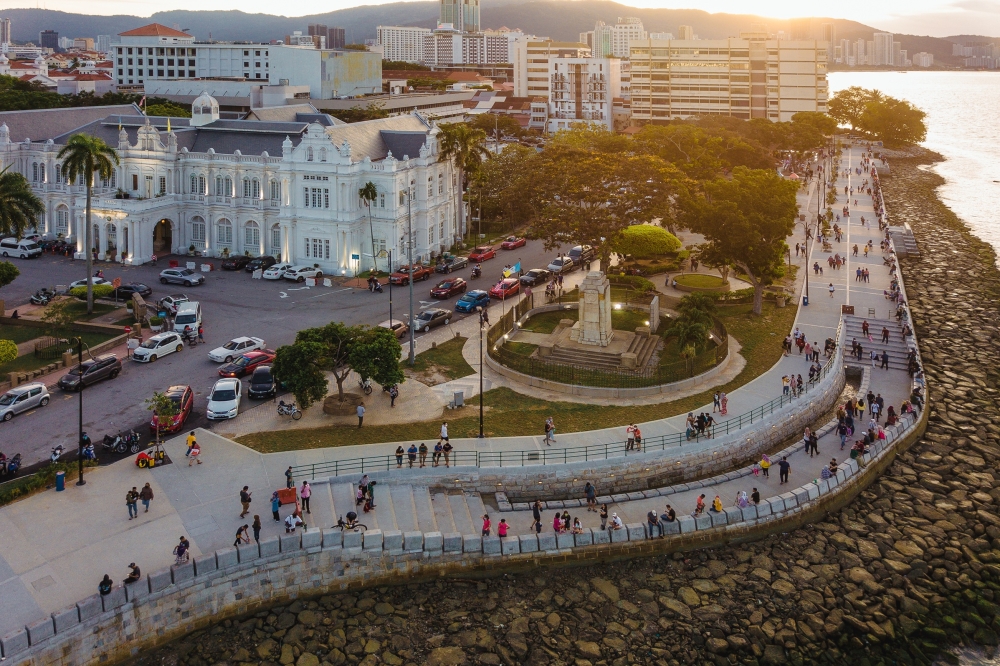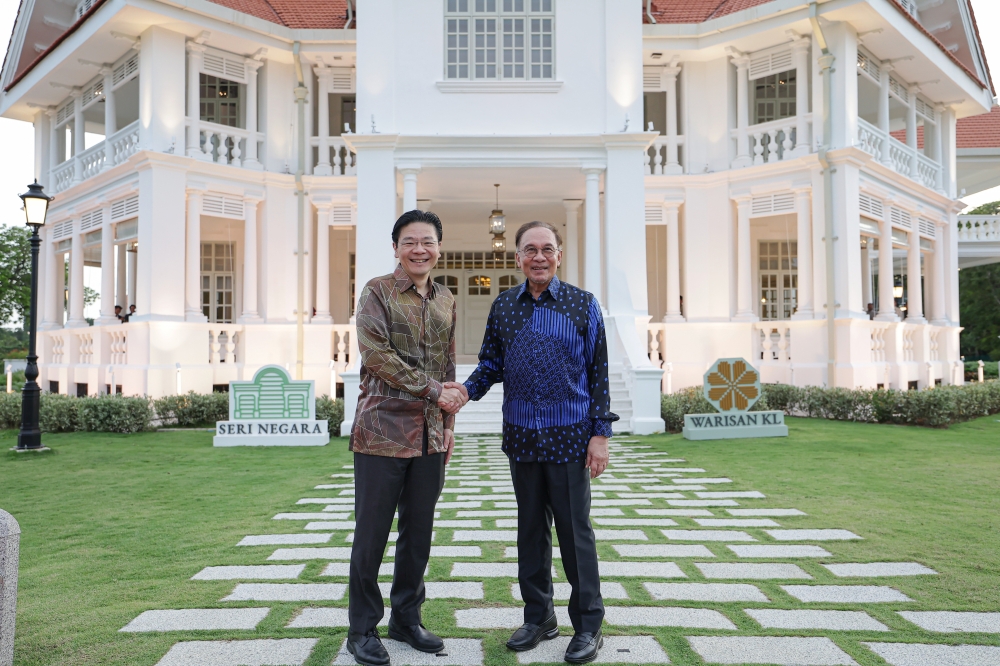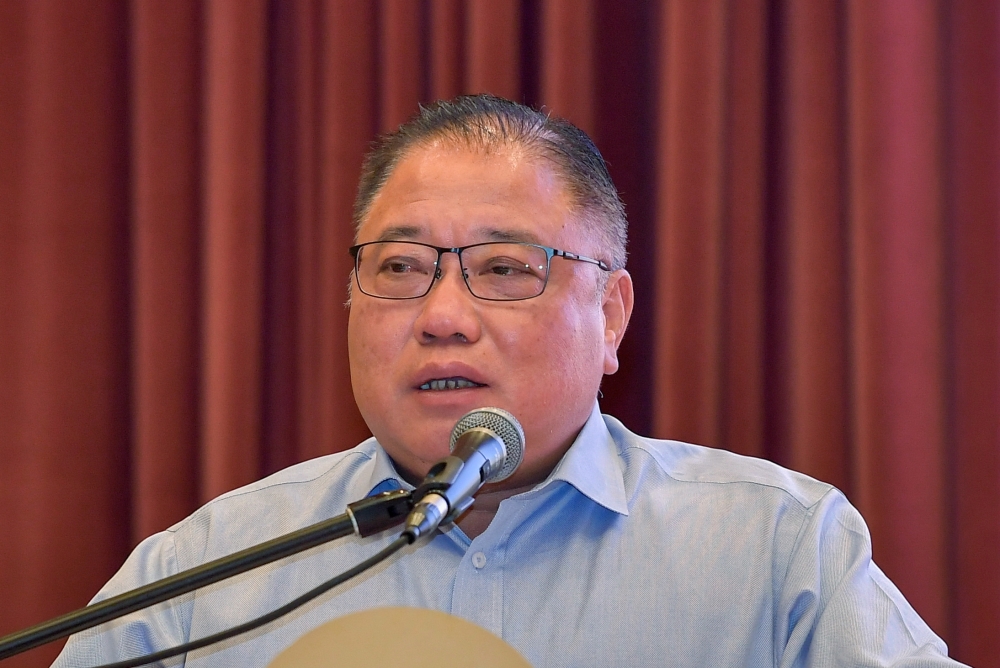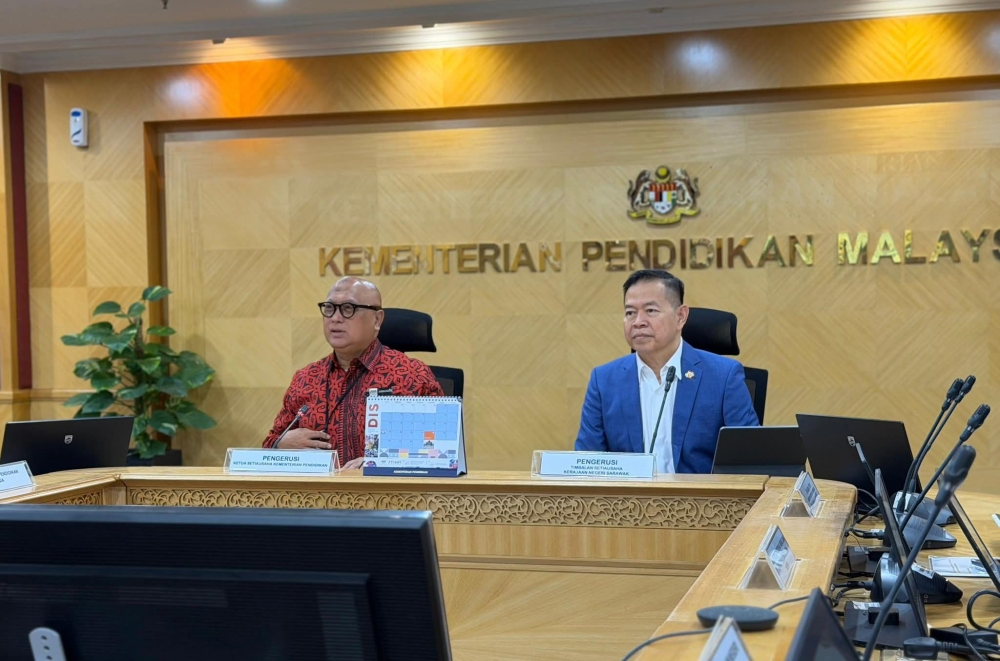OCTOBER 13 — For all my extolment of Kassim Ahmad (as my friends would wearily complain), I only met him in person once.
It was on a specially made trip to Penang in the year 2000, where Pak Kassim organised a special get-together, just for us.
I met with a small group of his friends and of course, the man himself. His wife, a most charming woman, told me about their lives in London and three years before I became a Londoner myself, I became enchanted with the city.
I had been corresponding with Pak Kassim since 1997 when I read his infamous work and was taken by his thinking.
During that year, my university freshman year, I emailed him some frantic questions and he actually took the time to the reply. I was very touched.
Two years later, my thinking had taken a different route from his as I came to reject the theory he stood by (his approach was more scientistic, mine was more intuitive) but to my amazement, he never took it to heart.
Unlike some great thinkers I know, he was not one to curtail thinking. It was not about accepting his findings but rather undertaking the process of contemplation itself.
For this magnanimity, he earned my utmost respect.
A lot can be said about Pak Kassim and his controversies with politics and religion but I would rather focus on his presence as a Malay philosopher.
I am acutely aware of the lack of presence Malay philosophy has in the discipline. If one looks at compendiums of Eastern thinkers (a good example being Great Thinkers of The Eastern World edited by Ian P. McGreal), one would find Indian, Chinese and even Islamic thinkers but none for the Malay world itself.
I hope you don’t find me racially motivated but I do feel that a tradition of Malay thinkers is necessary to chart the course of Malay civilisation and take its place among the great traditions of the world. Pak Kassim would be the perfect candidate to that list.
Pak Kassim’s philosophy spans far and wide. It is the Malay version (by which I mean, it is shaped and somewhat restricted by his Malay culture) of what I would see as a combination of a Heideggerian and a Sartrean approach.
“Heideggerian” here denotes the philosophy of existence as propounded by the German philosopher Martin Heidegger and “Sartrean” as the primacy of free will as propounded by the French philosopher Jean Paul Sartre. I would locate Pak Kassim’s philosophy as somewhere in between these two.
While Pak Kassim was deeply aware of the “worlds” he was straddling (the Western and the Malay Muslim world), he was also aware of a manifest destiny for humanity.
This is where he outstripped Heidegger. While he was also aware of the radical free will which human beings possess but unlike Sartre who saw that as a side effect of atheism, Pak Kassim saw it as the raison d’etre of religion itself.
By utilising our free will, we would then be embracing the essence of humanity. Although I did not detect this from Pak Kassim’s writings, I would like to think that he realised that this the same raison d’etre propounded by the Quran — a book Pak Kassim deeply loved — in the story of Adam.
In that story, primacy of free will is what gives human beings their destiny to lead fulfilling lives.
Yes, Pak Kassim was an existentialist but unlike the mainstream of existentialists, he ended up with a deeper religious experience.
In his novel, Kemarau di Lembah (Drought in the Valley), there is a deep feeling of the loneliness of existence, much like Kafka and Camus but towards a more positive end. Ultimately, I feel Pak Kassim deserves his own adjective — Kassimism, if you will. Like Kafka-esque has come to pervade modern literature.
This week, we have lost a great philosopher. I do hope, in the years to come, we will come to understand just what a great man he was and give him the appreciation he truly deserves.
* This is the personal opinion of the columnist.

